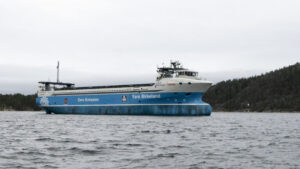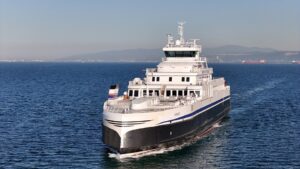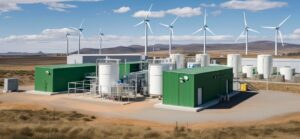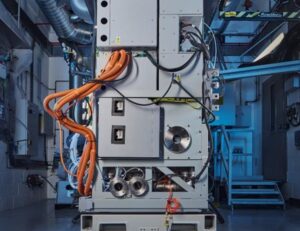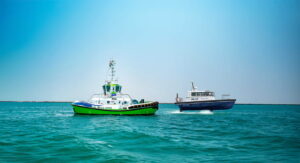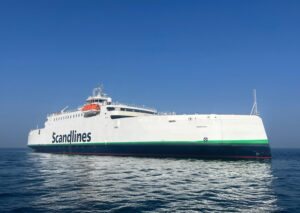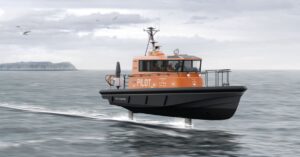UK gov’t funds consortium eyeing world’s 1st zero-emission multi-fuel station for hydrogen, electric ships
A consortium led by UK zero-emission solutions provider Unitrove, which created the world’s first liquid hydrogen bunkering facility, has won thousands of pounds of government funding to explore the development of a zero-emission multi-fuel station (ZEMFS) that would power hydrogen and electric ships.
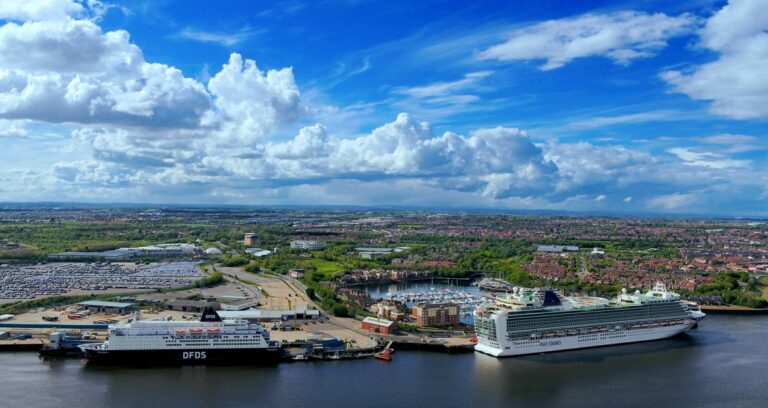
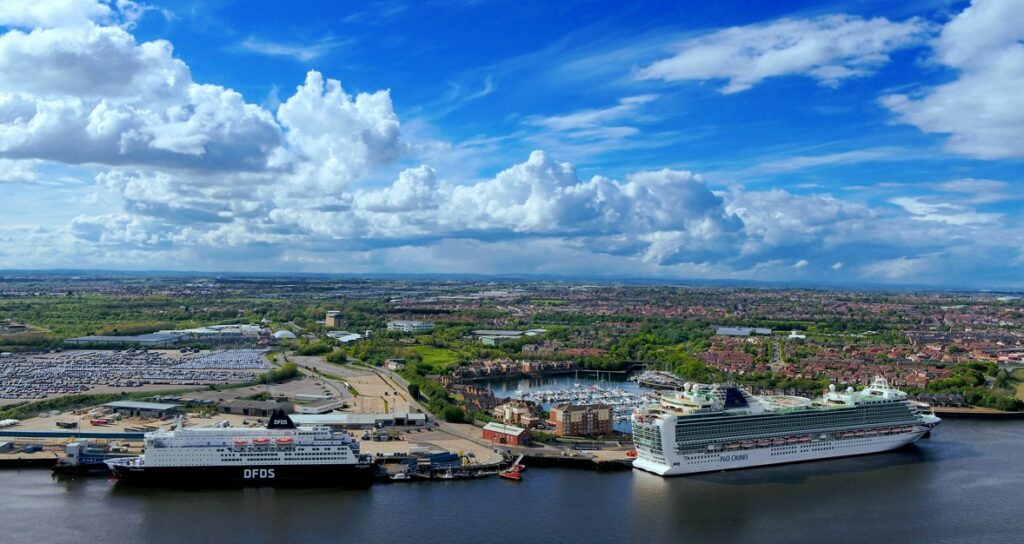
The novel design concept, which is planned to be operational by March 2025, will use liquid hydrogen as the basis for providing three fuelling options for powering small craft: liquid hydrogen, compressed gaseous hydrogen, and electric charging.
Related Article
The other winning members of the consortium include ACUA Ocean, manufacturers of hydrogen-powered maritime autonomous surface ships; Zero Emissions Maritime Technology (ZEMTech), a marine-focused project management and delivery company; and the University of Strathclyde, a maritime research institution.
The project is further supported by MJR Power & Automation, Orkney College UHI, and the Port of Tyne. It is part of the Clean Maritime Demonstration Competition Round 2 (CMDC2) launched in May 2022, funded by the Department for Transport (DfT), and delivered in partnership with Innovate UK.
Related Article
-
UK unleashes £12 million for zero-emission maritime technologies
Authorities & Government
As part of the CMDC2, the Department allocated over £14 million to 31 projects supported by 121 organisations from across the UK to deliver feasibility studies and collaborative research and development projects in clean maritime solutions.
CMDC2 is part of the UK Shipping Office for Reducing Emissions’ (UK SHORE) flagship multi-year programme. In March 2022, the DfT announced the biggest government investment ever in the UK commercial maritime sector, allocating £206 million to UK SHORE, a new division within the Department, focused on decarbonising the maritime sector. UK SHORE is delivering a suite of interventions throughout 2022-2025 aimed at accelerating the design, manufacture and operation of UK-made clean maritime technologies and unlocking an industry-led transition to net zero.
“Winning this grant is fantastic news for the consortium, and it is an excellent opportunity to help kick-start the development of a new world-first zero-emission multi-fuel station for hydrogen and electric vessels,” Steven Lua, CEO of Unitrove, said.
“The maritime industry is responsible for a significant proportion of pollutants associated with climate change and reduced air quality, and a zero-emission multi-fuel station that can power boats running either hydrogen or electricity is expected to play a significant part in reducing these emissions.”
“The foundation of maritime decarbonisation will be infrastructure for zero-emission fuels. ACUA Ocean are excited to be part of the ZEMFS feasibility study as we look to build the operational, economic, environmental and safety cases for clean marine fuelling solutions,” Michael Tinmouth, COO of ACUA Ocean, noted.
“The foundation of this project is the delivery of true zero emission clean fuels to the maritime industry. This pilot is for vessels under 24 metres, but ZEMFS is fully scalable to any size vessel, and adaptable to any type of port infrastructure. ZEMTech anticipates that the ZEMFS concept will form a foundational building block in maritime shipping’s true zero emissions future, placing UK companies solidly at the forefront of the energy transition in maritime shipping,” Madadh MacLaine, CEO of Zero Emissions Maritime Technology, added.
“As a CMDC project, ZEMFS provides a unique opportunity for industry and academics to work together to tackle the challenge of decarbonisation in shipping by providing a novel hydrogen bunkering and electric charging solution. We are extremely pleased to have such an opportunity to collaborate with partners who are real pioneers in maritime decarbonisation,” Peilin Zhou, Professor of Marine Engineering at the University of Strathclyde, stated.
“With so many innovative developments from so many directions, it is vital that we strive for standardisation in training, equipment, fittings, safety, and practice at an international level. Adapting existing frameworks will not always suffice, and we look to international bodies to develop such frameworks. Only then can we take zero-emissions shipping from one nation to another. Only then will transnational zero-emissions technology be possible,” Mark Shiner, Curriculum Leader for Maritime and Engineering at Orkney College UHI and team leader for the world’s first government-recognised hydrogen vessel crew training course, explained.
“We are delighted to support this innovative ZEMFS project. Shipping accounts for 3% of the world’s emissions and the International Maritime Organisation has agreed to cut ships’ carbon intensity by 40% by 2030. This project is a key demonstrator towards this ambition and complements other low carbon projects that Port of Tyne is developing across its estate, including green hydrogen production, green shore-to-ship power solutions and becoming a carbon-neutral port by 2030,” Ian Finch, Commercial Director at Port of Tyne, said.
“Furthermore, international energy company Equinor has chosen Port of Tyne as the operations and maintenance base for its Dogger Bank offshore wind farm project – the world’s largest – and the ZEMFS project will be extremely valuable to operators like Equinor who are looking to minimise emissions from their Service Operation Vessel fleet.”
Related Article
-
UK Govt assigns £60 million for clean shipping
Business & Finance


